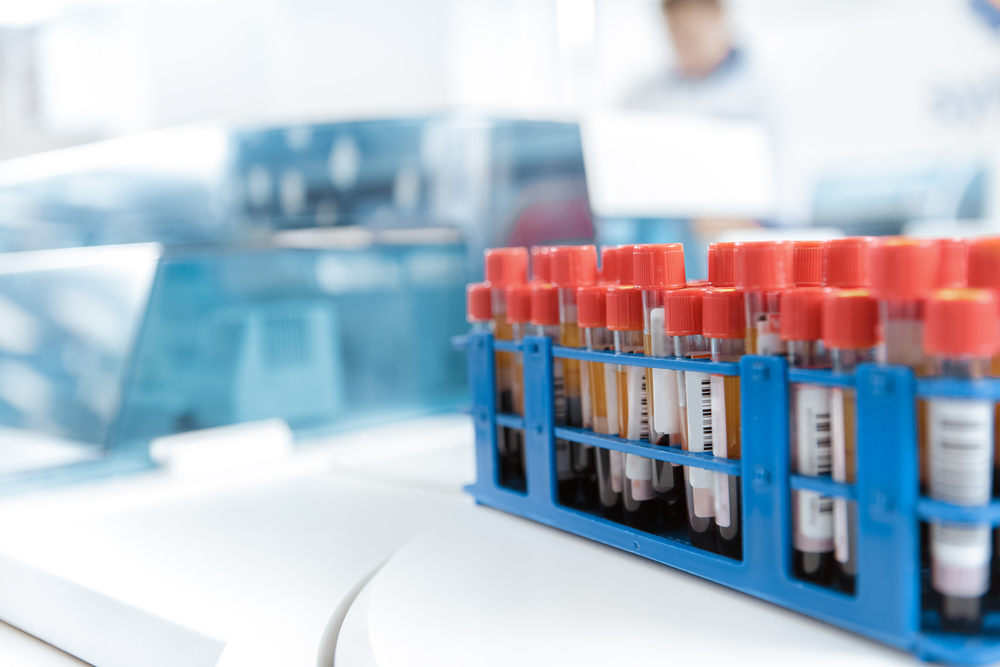Irregular Menstruation: Causes and Treatment Options

Irregular menstruation can be a concerning issue for many women. Understanding the causes and treatment options is essential for those experiencing this condition. In this comprehensive guide, we'll delve into what irregular periods are, common causes behind them, symptoms to watch out for, and effective treatment options available.
What are Irregular Periods?
Irregular periods refer to variations in the menstrual cycle that deviate from the typical 28-day cycle. While some irregularity can be normal, persistent irregularities may indicate an underlying health issue. Irregular periods can manifest as changes in cycle length, duration, or intensity of bleeding.
When Is a Menstrual Period Considered Irregular?
A menstrual period is considered irregular if:
- Cycle Length Variation: The length of the menstrual cycle varies significantly from month to month.
- Duration of Bleeding: The duration of menstrual bleeding is unusually short or prolonged.
- Abnormal Bleeding: Bleeding occurs between periods or is unusually heavy or light.
- Menstrual Pain: Severe pain accompanies menstruation, interfering with daily activities.
- Absent Periods: Menstrual periods are absent for several months without pregnancy.
Symptoms of Irregular Periods
Several symptoms may accompany irregular periods, including:
- Heavy Bleeding: Experiencing unusually heavy bleeding during menstruation.
- Scanty Bleeding: Menstrual flow being lighter than usual.
- Spotting: Light bleeding or spotting between periods.
- Menstrual Pain: Severe abdominal cramps before or during menstruation.
- Absent Periods: Missing periods for several months.
- Changes in Cycle Length: Variations in the length of menstrual cycles.
Treatment Options for Irregular Menstruations
- Lifestyle Changes: Adopting a healthy lifestyle, including regular exercise, balanced diet, stress management, and adequate sleep, can help regulate menstrual cycles.
- Hormonal Therapy: Hormonal contraceptives such as birth control pills, patches, or hormonal IUDs can regulate menstrual cycles.
- Medications: Nonsteroidal anti-inflammatory drugs (NSAIDs) can help alleviate menstrual pain and reduce heavy bleeding.
- Natural Remedies: Herbal supplements like chasteberry, ginger, or turmeric may help regulate hormonal balance and alleviate menstrual symptoms.
- Surgical Intervention: In cases of severe irregularities or underlying conditions such as polycystic ovary syndrome (PCOS) or uterine fibroids, surgical procedures like endometrial ablation or hysterectomy may be recommended.
Diagnostic Tests for Identifying Underlying Causes
Several diagnostic tests may be conducted to identify underlying causes of irregular menstruation, including:
- Cortisol Test:Measures cortisol levels, which can indicate stress or adrenal gland abnormalities.
- DHEA - Dehydroepiandrosterone: Assesses levels of DHEA, a precursor to hormones like testosterone and oestrogen.
- Follicle Stimulating Hormone (FSH): Evaluates FSH levels, which play a crucial role in regulating the menstrual cycle and ovarian function.
- Free Cortisol 24 Hr Urine: Measures cortisol levels in a 24-hour urine sample to assess adrenal gland function.
- Luteinizing Hormone (LH): Assesses LH levels, which are involved in ovulation and menstrual cycle regulation.
- Testosterone - Free: Measures free testosterone levels, which can affect menstrual regularity.
- Prolactin: Measures prolactin levels, which, when elevated, can disrupt the menstrual cycle.
- Biopsy (Large):In cases of suspected uterine abnormalities, a large biopsy may be performed to evaluate tissue samples for abnormalities.
Share your prescription with our team of doctors who will offer recommendations on the most appropriate tests for your situation. These tests can be conveniently performed at home. Plus, benefit from complementary doctor consultations with no additional fees.
How to Treat Irregular Periods
- Consultation with Healthcare Provider: If you experience irregular periods, consult with a healthcare provider for proper diagnosis and treatment recommendations.
- Medical Examination: Your healthcare provider may conduct a physical examination, review medical history, and perform tests such as blood tests, pelvic ultrasound, or Pap smear to identify underlying causes.
- Hormonal Testing: Hormonal imbalances can contribute to irregular periods. Hormonal testing may be conducted to assess levels of oestrogen, progesterone, thyroid hormones, and other relevant hormones.
- Treatment Plan: Based on the diagnosis, your healthcare provider will develop a personalised treatment plan tailored to your specific needs. This may include lifestyle modifications, medication, hormonal therapy, or surgical intervention.
- Follow-Up: Regular follow-up appointments with your healthcare provider are essential to monitor progress, adjust treatment if necessary, and address any concerns or side effects.
Conclusion
Dealing with irregular periods can be tough, but understanding the causes and treatment options is key. Whether it's lifestyle changes, hormonal therapy, or surgery, there are ways to manage it. Don't hesitate to consult with my doctor – it's free! They'll assess and recommend the best test for you, guiding you through the process. Remember, everyone's experience is unique, so be patient and persistent in finding the right treatment.






